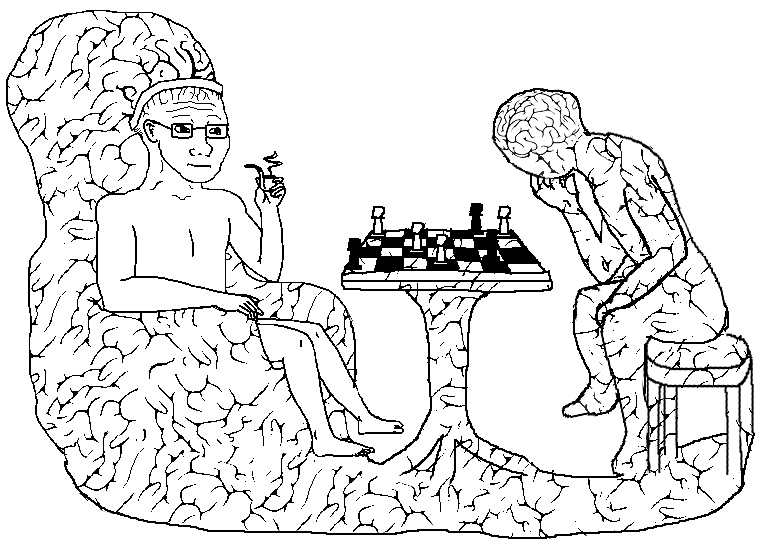Lexicus
Deity
Aren't there things in sciences like physics that aren't observable but can be 'proven' through mathematics?
No. Mathematical proofs deal with the internal consistency of mathematical structures. The application of those structures to real-world phenomena is not something that proofs deal with.
I'm thinking, for example, of the super-small particles that we cannot actually see, but whose action on other particles we can see. Neutrinos? Is that neutrinos? Wasn't the big superconducting supercollider in Europe used for an experiment along those lines?
Yes, you're right that we infer particles that we can't actually observe. But the particle accelerators don't have much to do with neutrinos. Neutrinos are so non-interactive that 65 billion of them pass through each square centimeter of the Earth per second. To notice even a very few of these we have to build crazy experimental apparatus in 4-mile deep mine shafts and stuff like that.
I may be wrong but I'm pretty sure we have never directly observed an electron let alone anything smaller.
It's as vacuous as most internet fads.
You:



